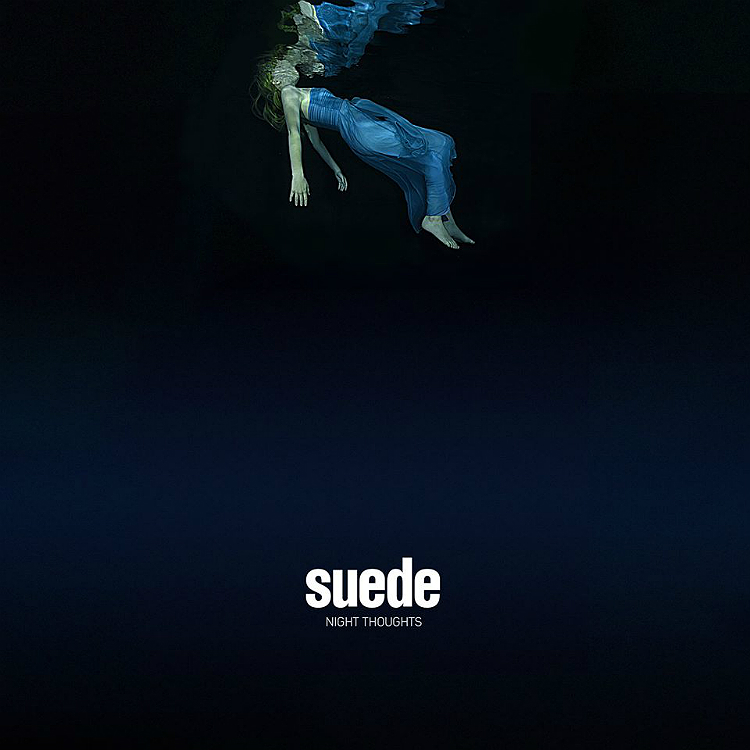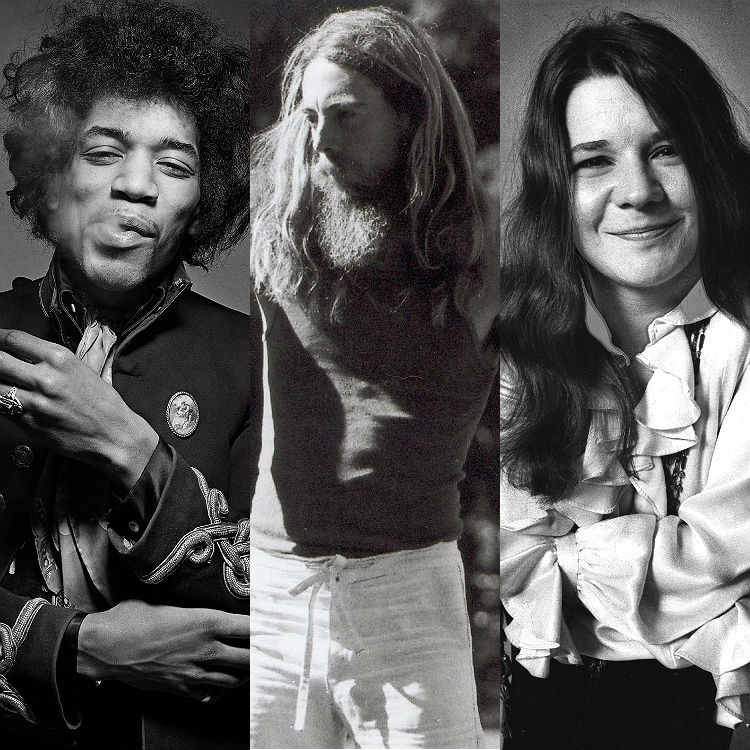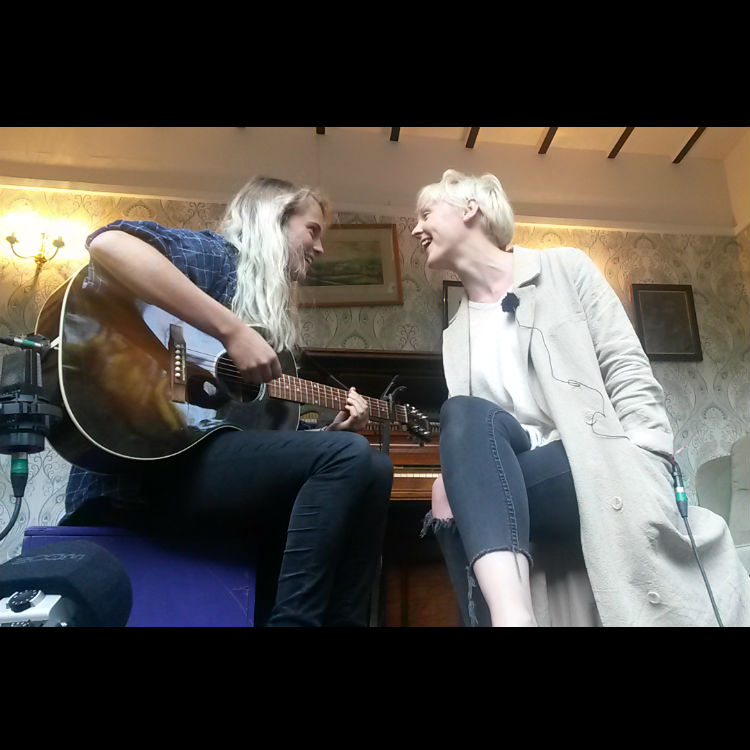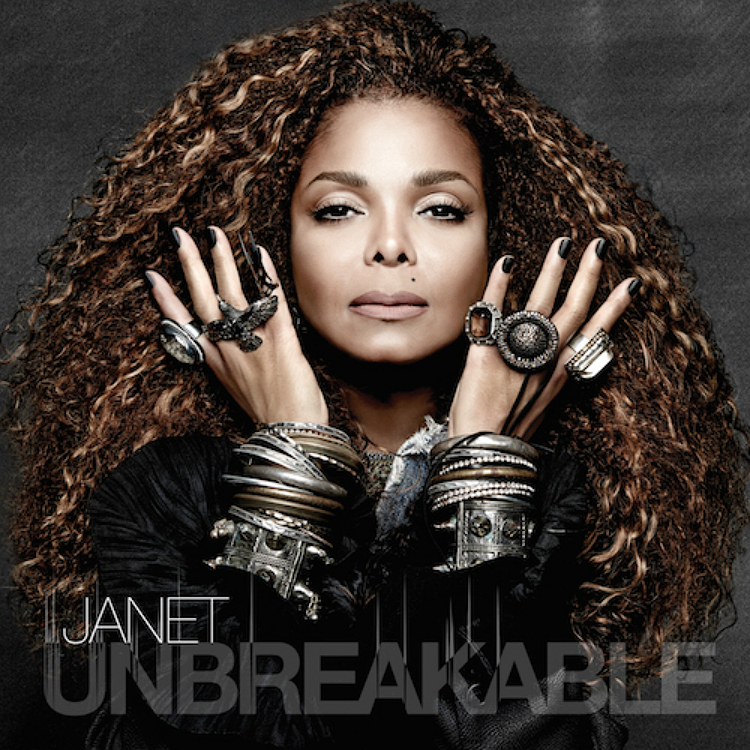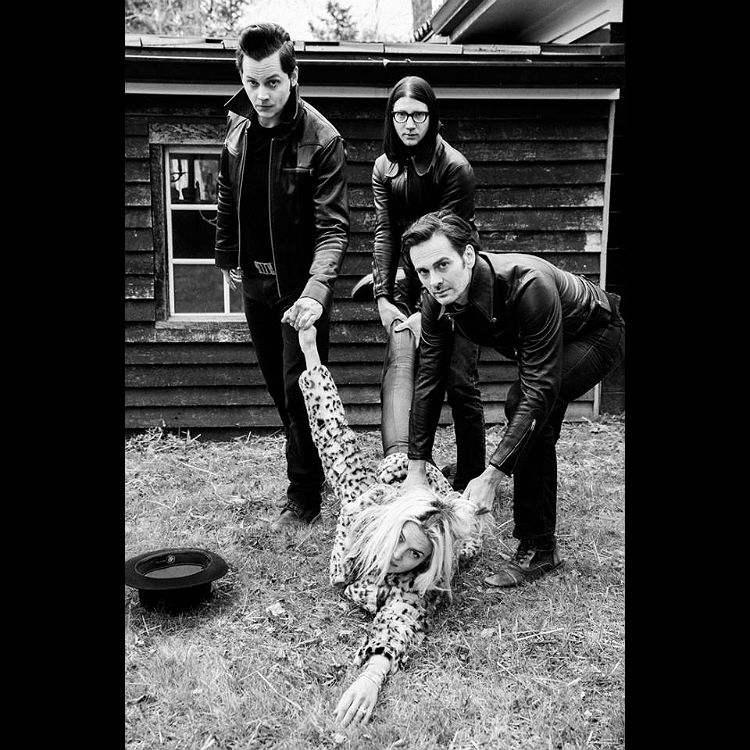 Photo:
Photo:
Kate Nash is dead, long live Kate Nash. Rising from the ashes of her now dead pop manifestation, on her new album Kate has risen like a Sleater-Kinny shaped phoenix to wrap her flaming talons around subjects such as sexism, how annoying sexism is, boys and sexism.
Whilst in the past, Myspace’s one time mockney heroine might have tolerated partners with the temerity to go cover her brand new trainers with vomit, these days she’s more likely to introduce them to the business end of the bass guitar she’s grown so fond of.
This welcome change in attitude is, naturally enough, mirrored by a new sound, but longstanding fans needn’t worry. Nash still knows how to make tunes catchier than a fifty-foot baseball glove. ‘OHMYGOD!’ and ‘Fri-End?’, for instance, are both likely to make themselves very much at home in your frontal lobes.
Of course, whilst it’s still pretty radio friendly, Girl Talk is also a genuine departure from the polished pop of My Best Friend is You. It has feedback. It has screaming. (It has quite a lot of screaming, actually). It has wiry, winding surf-rock guitar lines. It has novelty-rap rants. However, the songs still features almost all the hallmarks of her earlier work (simultaneously conversational and melodic vocals - check – endearingly honest lyrics – check) which, in the context of her new material, sound better than they’ve ever done, working in counter point to the angsty Babes In Toyland chug that lies behind the majority of the tracks.
In this sense ‘Cherry Pickin’ provides a microcosmic view of the whole album, with Kate switching between yelping incomprehensibly and jumping up and down on her distortion pedal (which is great) and delivering a ‘wooah’ backing vocal sunny enough to melt Katrina and evaporate The Waves (which is also great).
Whilst, it’s unlikely that fans of Bikini Kill are going to suddenly turn to Kate Nash as the new voice of feminism in rock, you’d hope that pop fans aren’t going to turn their backs on her for just for having a go at making a statement. ‘Rap for Rejection’ might well be rubbish, but even if the point it wants to make is (hopefully) already obvious to most people (sexism exists, especially in music), it’s still nice to hear someone with Nash’s reach actually making it.





